Ready to use your blender to create easy and delicious meals, snacks, smoothies, condiments, cocktails and treats? Grab our Ultimate Healthy Blender Recipes eBook Bundle - Now 62% OFF!
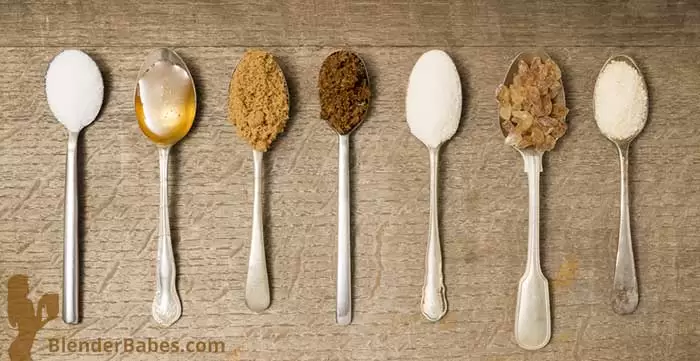
We can’t lie. Even with our green smoothie lifestyle, many in our Blender Babes community still have cravings for something sweet, myself included! Every once in awhile our sweet tooth strikes, and it’s one of the reasons it can be so hard to stick to our healthy, clean eating plan. Sometimes you just can’t go without that little sweet something in the afternoon or after dinner.
Maybe you’ve been good. If you have, you’ve thrown out the bad boys — white processed sugar, high-fructose corn syrup, aspartame — but there’s always a new temptation, a new kid on the block who promises to give you all you want, without costing you your hard work and dedication.
Are these sugar substitutes worth their weight in, um, sugar cane? Use this Blender Babes guide to sort out the murky world of minimally-refined and artificial sweeteners. Afterward, you’ll end up with a PhD in sweeteners and nutrition. We promise.
NATURAL & ARTIFICIAL SUGAR SUBSTITUTES
Agave Nectar
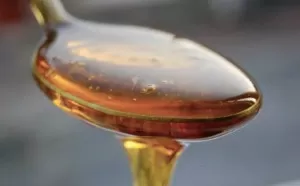
Bottom Line: Stop using agave! Help spread the word! Please share this post! Perhaps one day it will get pulled out of raw food products and recipes and so-called “health” products.
Brown Rice Syrup
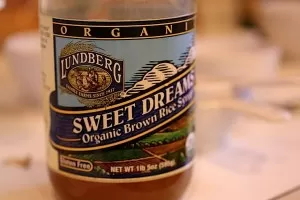
Note: Some organic brown rice syrup has been revealed to contain high levels of arsenic, with one study detecting arsenic in organic baby formula, cereal bars, and three flavors of energy shots made with brown rice syrup
Coconut Palm Sugar
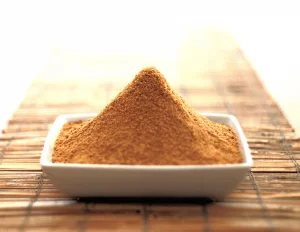
Honey
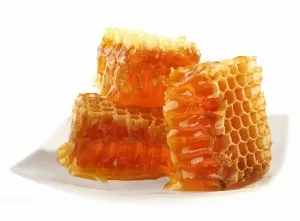
Some research have reported that raw honey contains enzymes and small amounts of minerals, which has lead some health food enthusiasts to feel that honey is a better choice than sugar. While it is more natural and less processed than white sugar, honey does feed the systemic yeast infection, candida.
Molasses
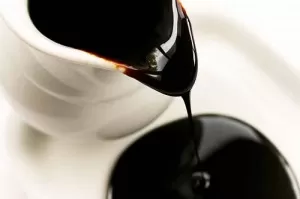
Sorghum Syrup
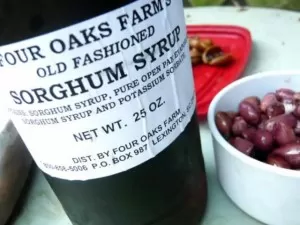
Stevia
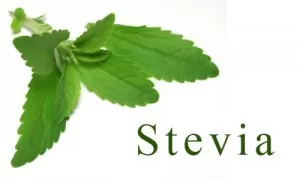
I love that it’s completely natural and from a plant – and since I’ve tried all the toads, I think this may be everyone’s Prince!
Truvia
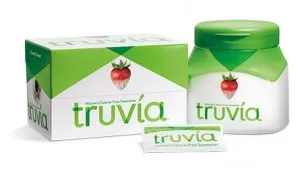 Truvia is the new rage in the “all-natural” sweetener category of your health food market. Many health-conscious shoppers have been gobbling up the stuff, thanks to the belief that it’s all natural and good for you.
Truvia is the new rage in the “all-natural” sweetener category of your health food market. Many health-conscious shoppers have been gobbling up the stuff, thanks to the belief that it’s all natural and good for you.So, honey bee, is the buzz on Truvia true? Is Truvia a “healthy alternative” to sugar? Is Truvia a ‘natural” sweetener? The short answer? No.
A lot of us believed that Truvia comes from stevia, which is a natural product. But they are not equal. Truvia is NOT Stevia.
Stevia is a plant, an herb. It can be grown on your patio or in your garden. It passes the green test, and that’s because It IS GREEN. It can be taken dried, in powdered form, or in liquid form.
This isn’t the case with Truvia, which is crystalized and looks a lot like table sugar. Plus, it’s owned by Coca-Cola. Their biggest competitor Pepsi, created PureVia to compete with Truvia and is made similarly. You wouldn’t be able to make it from something in your garden unless you had a chemistry degree and a lab.
Splenda
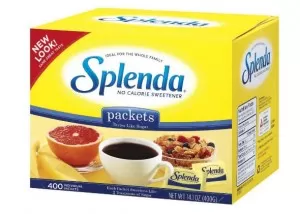
Marketed as a “healthy” artificial sweetener, Splenda can cause skin rashes/flushing, panic-like agitation, dizziness and numbness, diarrhea, muscle aches, headaches, intestinal cramping, bladder issues, and stomach pain.
Splenda has also been shown to shrink the thymus glands and enlarge the livers and kidneys in rodents.
Little long term research has been done on Splenda, so it is unclear what amounts might be safe. It’s ok though, I stopped using it not long after I started – so hopefully there is no “long term” effects. 🙂
Eurythritol
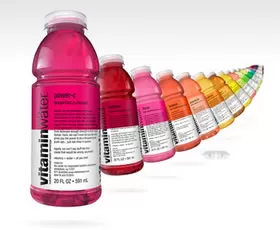
Erythritol is a sugar alcohol, a sweetener that does not provide as many calories as sugar. BUT WATCH OUT!! Don’t be fooled. Sugar alcohol has fewer calories than sugar simply because they are not completely absorbed into your body. It has an unintended consequence for vitamin water drinking folks: abdominal gas and diarrhea.Yuck!!!
While sugar alcohols are lower in calories, they are not calorie-free.
Xylitol
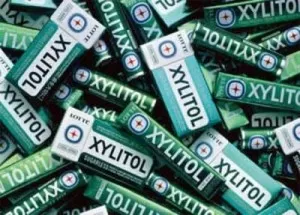
Xylitol is a naturally occurring alcohol found in most plant material, including many fruits and vegetables. It is extracted from birch wood to make medicine.
Xylitol is widely used as a sugar substitute and in some “sugar-free” chewing gums, mints, and other candies. (However, sorbitol is the most commonly used sweetener in sugarless gums because it is less expensive than xylitol and easier to make into commercial products, so look for gum with xylitol).
As a medicine, xylitol is used to prevent middle ear infections (otitis media) in young children, and as a sugar substitute it’s recommended for people with diabetes. Xylitol is sometimes included in tube feeding formulas as a source of energy.
Dog owners should know that xylitol can be toxic to dogs, even when the relatively small amounts from candies are eaten. If your dog eats a product that contains xylitol, it is important to take the dog to a veterinarian immediately.
How does it work?
Xylitol tastes sweet but, unlike sugar, it is not converted in the mouth to acids that cause tooth decay. It reduces levels of decay-causing bacteria in saliva and also acts against some bacteria that cause ear infections.
When trying to cut out traditionally refined sugars and artificial sweeteners, you’ve got choices. It’s just a matter of finding your perfect match. So, whether you’re combining them as a source of functional fuel during exercise, or to cut calories and chemicals, using these minimally-refined sugars can have a place in your clean diet. And, hey! Don’t forget nature’s solution to the sweet cravings: FRUIT! All fruits, especially dried fruit, can nip your sweet tooth in the bud.
Blender Babes usually uses Stevia, dates, and on occasion raw honey or molasses to sweeten smoothies and tea. For baking we like to use unprocessed sugars such as Coconut Palm Sugar.
We would love to find out what YOU like to use? Please tell us in the comments! 🙂

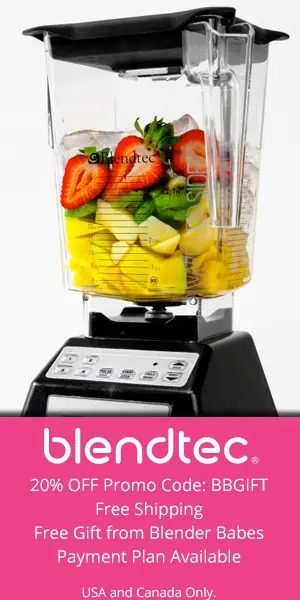
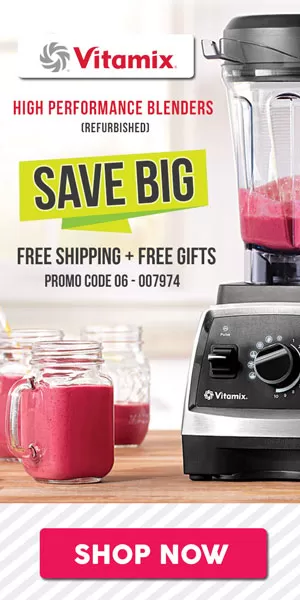






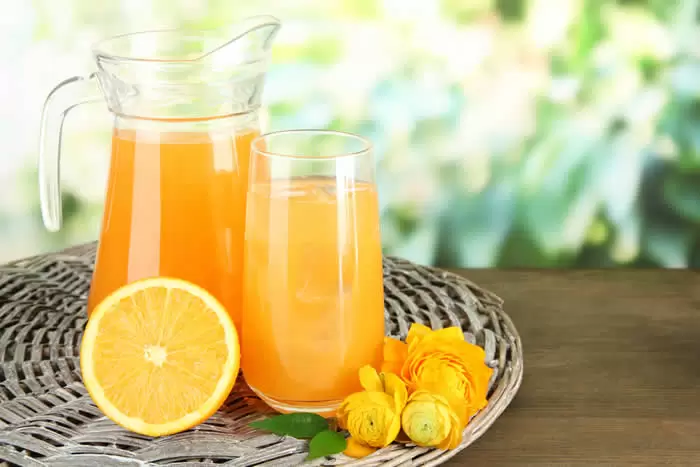
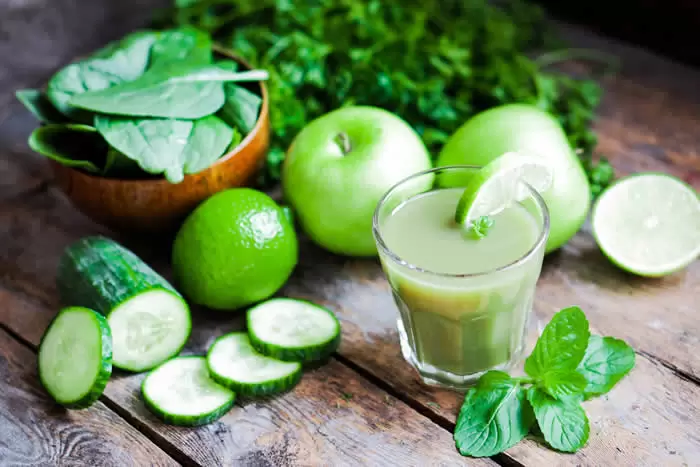
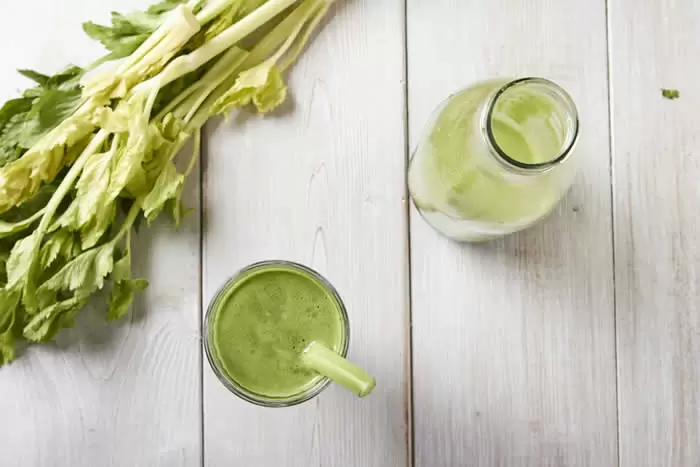
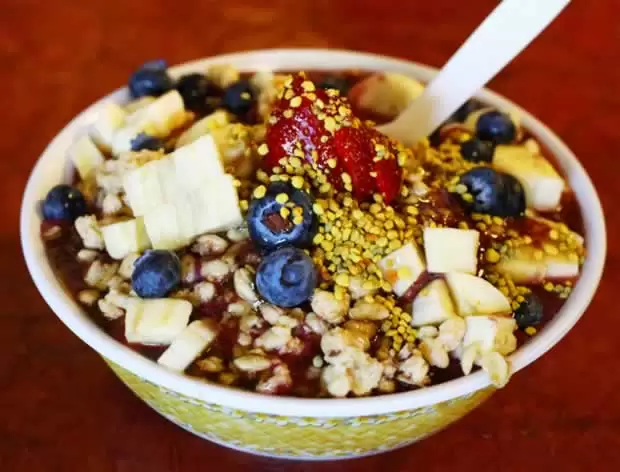
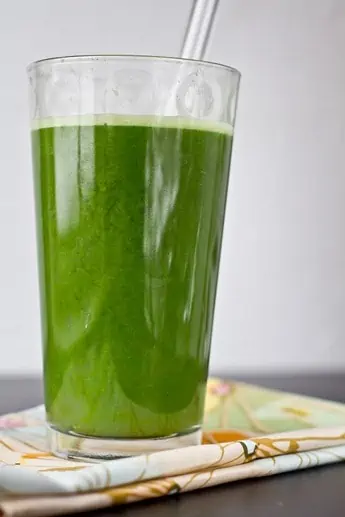
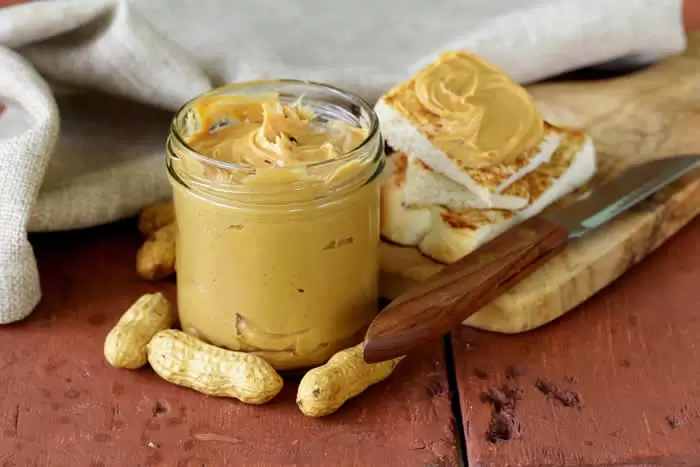
Your info was very helpful! I’m getting off of sugar to be more healthy and this helped!
Great information – thank you!
You’re so welcome Lin! Thank you for the comment and we appreciate you being a part of our blending loving community! 🙂